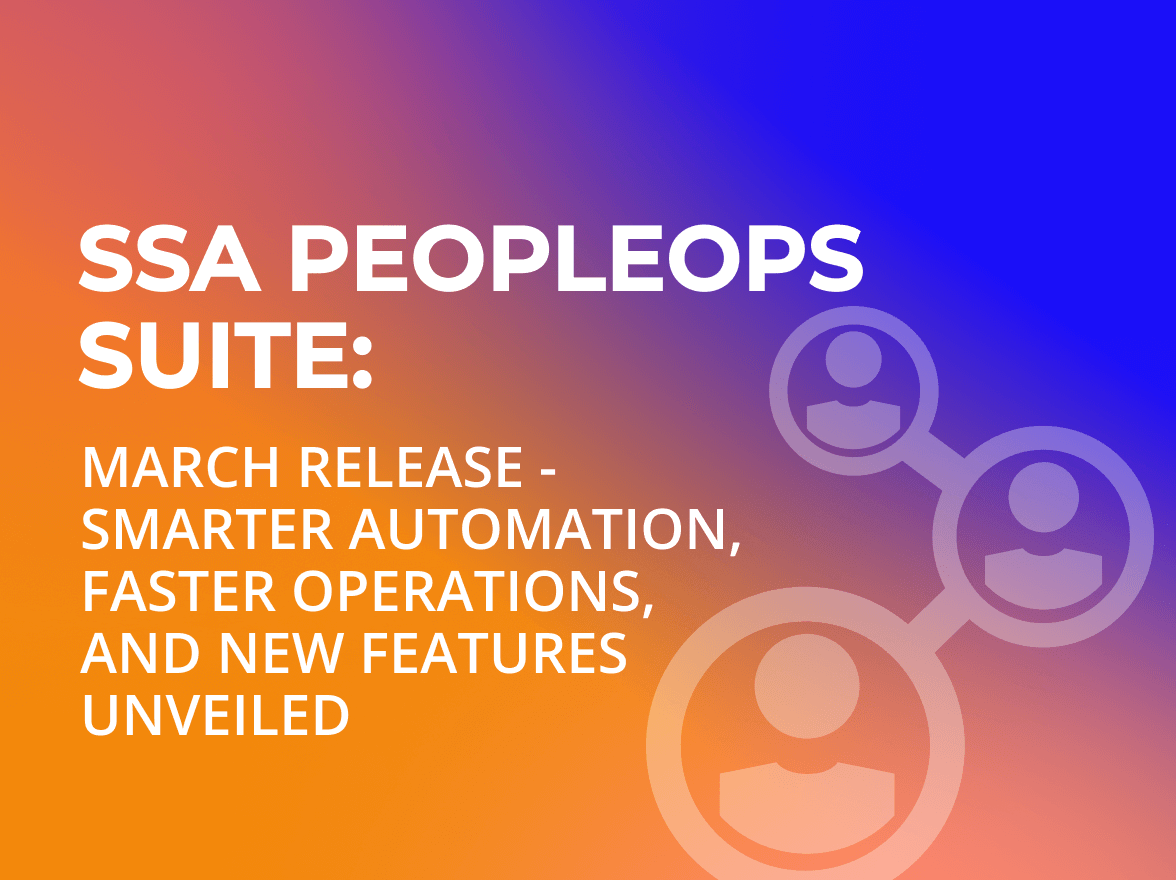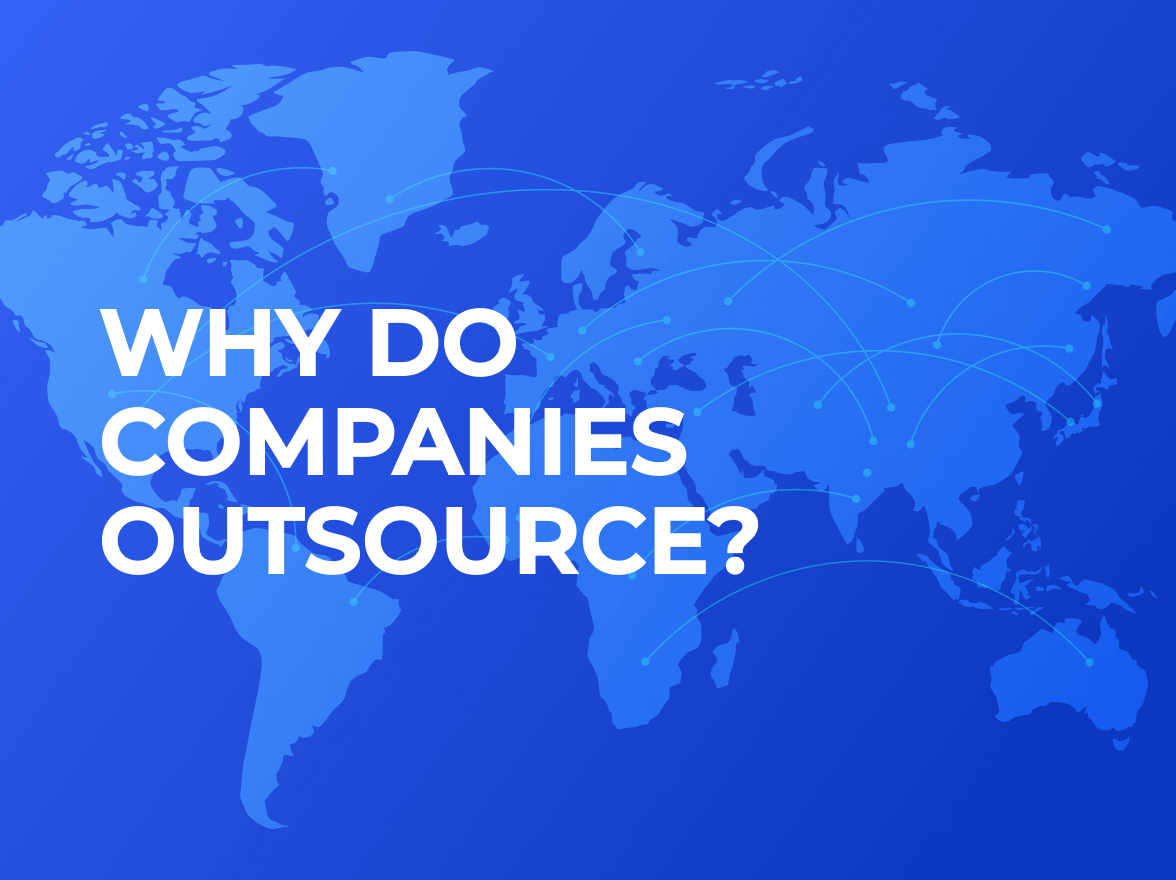SSA PeopleOps Suite: March release – smarter automation, faster operations, and new features unveiled
At PeopleOps Suite, we’re committed to continuously evolving our platform to meet the dynamic needs of modern HR and operations teams.
In the competitive world of ecommerce, data isn’t just an asset—it’s the lifeblood of strategic decision-making. Ecommerce datasets provide critical insights that help businesses understand customer behavior, optimize pricing, manage inventory, and improve marketing strategies. In this post, we delve into what ecommerce datasets are, why they matter, and how they can drive your online business forward.

Ecommerce datasets are structured collections of data specifically related to online retail activities. These datasets encompass a wide range of publicly available information, including:
Accurate, real-time data empowers businesses to make strategic decisions. Whether it’s adjusting product pricing, launching a targeted marketing campaign, or refining inventory management, ecommerce datasets offer the insights needed to respond quickly to market changes.
Understanding customer behavior is crucial in ecommerce. By analyzing customer data, businesses can create personalized shopping experiences, optimize website navigation, and improve customer service. This data-driven approach leads to higher customer satisfaction and increased loyalty.
Staying ahead of competitors means constantly monitoring market trends. Ecommerce datasets include data on competitor pricing, emerging consumer trends, and seasonal demand variations. This information helps businesses anticipate market shifts, adjust their strategies accordingly, and capture new opportunities as they arise.
Data alone isn’t enough; the key lies in transforming raw data into actionable insights. By using advanced analytics and visualization tools, ecommerce businesses can uncover patterns, forecast demand, and identify opportunities for growth.
Personalization is a critical driver of customer engagement. Ecommerce datasets allow businesses to segment their customer base, deliver targeted promotions, and create customized shopping experiences that resonate with individual preferences.
Effective inventory management is critical to meeting customer expectations. By analyzing sales patterns and predicting demand, ecommerce businesses can optimize their stock levels, reduce storage costs, and avoid supply chain disruptions.
Regular analysis of ecommerce data supports a cycle of continuous improvement. By regularly monitoring key metrics, businesses can adjust strategies, experiment with new approaches, and drive ongoing improvements in performance and profitability.
At SSA Group, we recognise that in today’s data-centric ecommerce landscape, leveraging high-quality datasets is not just a competitive advantage—it’s a necessity. Our in-house platform is powered by a team of specialists with over 15 years of expertise in web scraping, web crawling, and traditional data collection. This powerful combination enables us to supply ecommerce businesses with the structured data they need to excel, empowering them to harness insights effectively and stay ahead in a rapidly evolving market.
A relevant example that illustrates SSA Group’s capabilities is Market Analysis Tool project, where we developed a scalable business intelligence solution designed to collect and process vast volumes of ecommerce data from multiple online platforms. The system automates the extraction of product, pricing, and competitor information from both retailers’ and competitors’ websites, empowering marketers to monitor brand performance, improve decision-making, maintain competitiveness, and more accurately forecast future sales.
For more information about SSA Group’s ecommerce datasets and to explore a wide selection of free sample datasets available for download, please visit https://www.ssa.group/datasets/ecommerce/.

At PeopleOps Suite, we’re committed to continuously evolving our platform to meet the dynamic needs of modern HR and operations teams.

Today, the benefits of outsourcing in the IT industry are undeniable, offering so much more than a simple reduction in software development costs.
you're currently offline